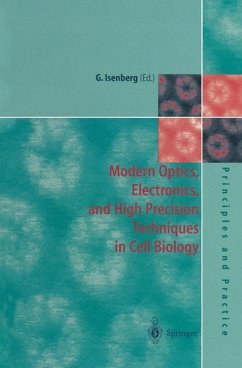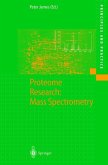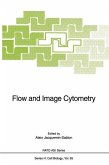In spite of tremendous scientific progress over the past years, cell biologists do not yet understand the fundamental processes that determine the life cy cle of a cell. Such are: cell movement and cell spreading, cell division, cell communication, cell signaling, cell regeneration and cell death. Biochemistry has enabled us to recognize and to isolate an overwhelming number of new proteins. In vitro assays and the reinjection of proteins into cells and tissues have provided insights into molecular functions and cellular mechanisms. The renaissance of the genetic approach by applying restriction enzymes and vectors, PCR and antisense technology has enabled us to overexpress certain cellular products, to make altered constructs of cell components or to create "knock-out" mutants that entirely lack the factor of interest. Amazingly en ough, all these molecular toys have led to a stream of information but not, in a comparable degree, to a better understanding. Has the puzzle become too complex to get solved; or are the windows too small that we are looking through? As an attempt to answer both questions, the aim of the present mono graph Modern Optics, Electronics and High Precision Techniques in Cell Biol ogy is first to provide cell and molecular biologists with a whole new scope of easily applicable techniques including brand-new optical, biophysical, physicochemical and biosensoric devices. Secondly, these newly developed techniques allow us to look at cells and biological systems as a whole.
Bitte wählen Sie Ihr Anliegen aus.
Rechnungen
Retourenschein anfordern
Bestellstatus
Storno








